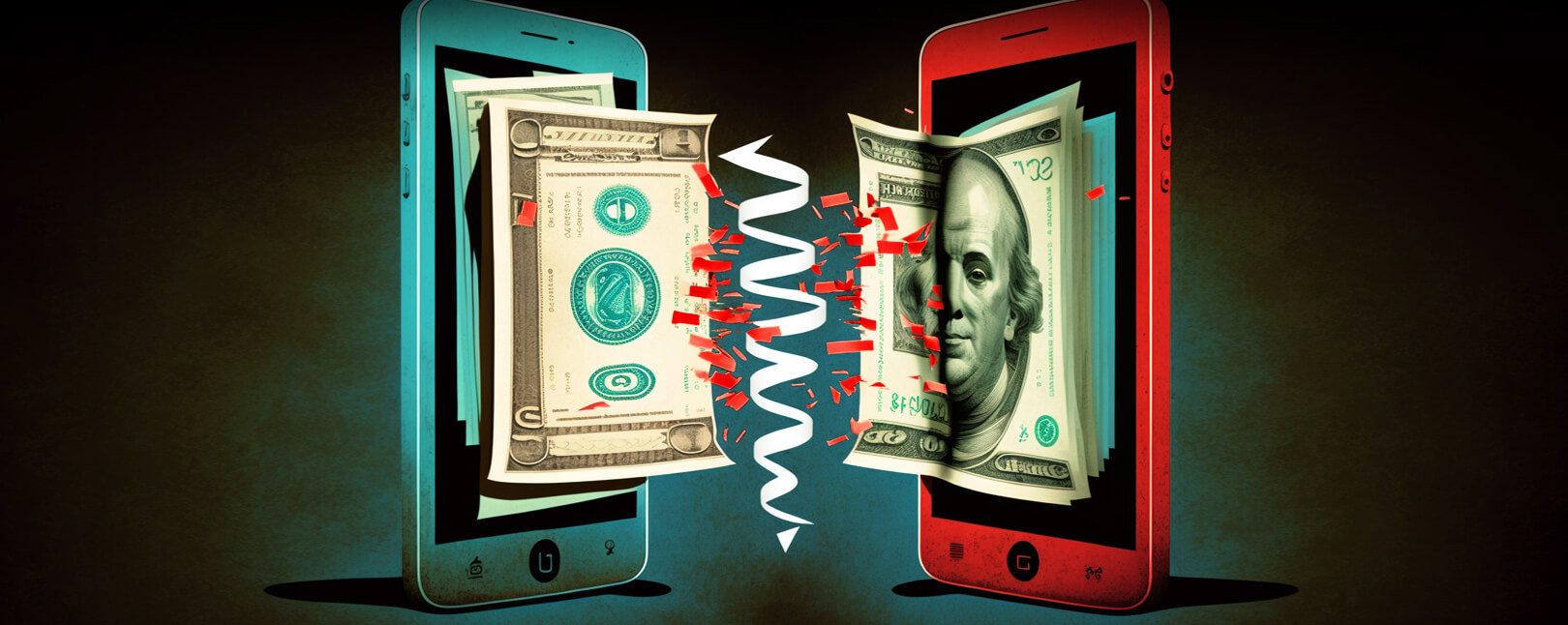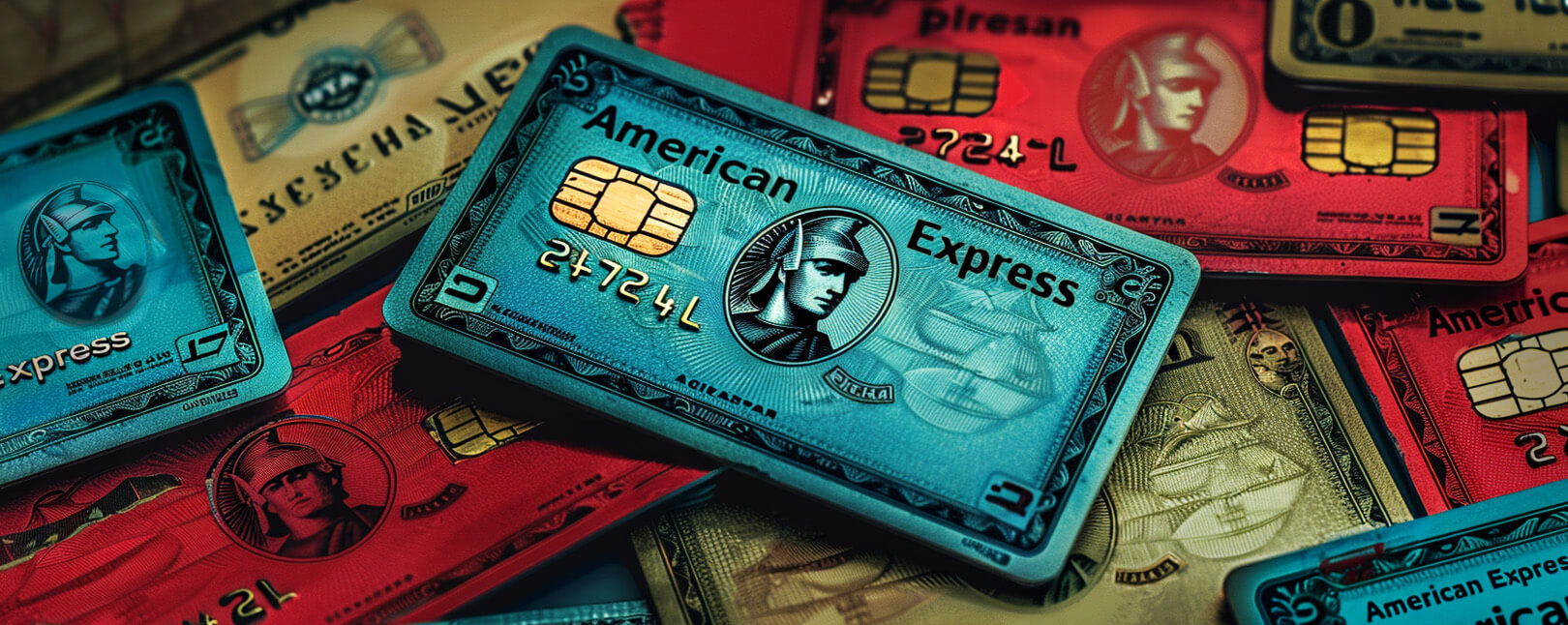Are Chargebacks Allowed on the Zelle Platform? How Do Zelle Disputes Work?
The meteoric growth of peer-to-peer (P2P) payments has made it easier than ever for people to send money to each other. With just a few taps on a mobile device, users can divide bills, reimburse friends, and more. Account holders can even make purchases from select merchants.
One of the most popular P2P platforms is Zelle. Unlike some other providers, though, Zelle does not offer chargeback protections on their platform. What does that mean for Zelle users who find themselves on the wrong end of a financial scammer?
In this post, we look at the ways in which Zelle can be misused, how to lower risk, and what options users have if they get scammed.
Recommended reading
- Bank of America Disputes: Here's What You Need to Know
- Wells Fargo Disputes: Chargeback Rules & Things to Know
- 10 Tips to Stop DoorDash Chargebacks Before They Happen
- American Express Chargebacks: Rules & Time Limits & More
- Stripe Chargeback Guide: Time Limits & Other Info You Need
- What is a Bank Chargeback? What Makes Them Different?
Is There Such a Thing as a “Zelle Chargeback”?
Yes and no.
To be fair, Zelle is one of the more secure online money transfer platforms available, particularly in regard to user privacy. The company estimates that 99% of payments are sent on its platform without any report of fraud or scams. The service was engineered by a consortium of banks, and is (not surprisingly) the digital payment system used by the majority of banking apps.
All this makes it extremely difficult for cybercrooks to make illegitimate purchases using others' personal information. That doesn’t mean it can’t happen, though.
Credit card issuers are required to allow chargebacks, and some other P2P providers may offer a similar service. With Zelle, however, the option isn’t really available.
It may be possible to cancel a Zelle payment once it’s been sent, but only if the recipient hasn't yet enrolled with Zelle. The account holder must cancel the transaction before the other party signs up.
Zelle’s user agreement clearly states that the company offers no buyer or seller protections for authorized payments. In other words, if the intended recipient is a Zelle account holder, you transfer money at your own risk.
The operative word there is “authorized.” You may be able to recover your money if a Zelle transaction was unauthorized, as we’ll explain in the next section.
Zelle Protection Under Regulation E
Regulation E is part of the 1978 Electronic Fund Transfer Act. The regulation “establishes the rights, liabilities, and responsibilities of participants in electronic fund transfer systems.”
Basically, “electronic fund transfer” refers to any situation where a financial institution has permission to either credit or debit a consumer’s account. P2P transfers should fall under that umbrella – most parties agree on that. The argument is over which aspects of instant payments the law applies to.
Within the financial world, there is sometimes a hair-splitting difference between a “fraud” and a “scam.” If someone steals a phone or hacks an account and makes unauthorized purchases or withdrawals, it’s considered fraud. If a person tricks the victim into voluntarily authorizing a transaction, though, that would be a scam (not fraud).
If a payment was truly fraud — made with no input or authorization from the actual account holder — Zelle states that you can typically get a refund by requesting a chargeback. Note that the refund won’t come from them. They’re not promising the viability of a Zelle dispute claim; rather, they merely state that your bank can and should refund the money.
While banks are theoretically liable for instant payment fraud, reports show that an estimated 90% are not refunded at all. It’s likely that the vast majority of victims aren’t even aware a refund is available.
On the other hand, if a scammer tricks you into authorizing a money transfer… that means you still authorized the money transfer. It doesn’t matter if the authorization occurred under false pretenses. Regulation E only covers “unauthorized” transactions, so a scam becomes the customer’s responsibility.
Could Zelle Dispute Rules Change?
They might. As one may suspect, most consumers don’t see the distinction between “fraud” and “scam” as being particularly important. Some lawmakers may be starting to agree with them.
A group of US senators recently began pressuring the Consumer Financial Protection Bureau (CFPB) to do more to protect consumers from both fraud and scams. These lawmakers would like to see banks held accountable for misuse of bank-owned digital payment networks like Zelle. They also want to make it easier to secure a Zelle fraud refund.
In response, the banks that operate the P2P network are said to be formulating a new refund policy for the platform. So, we may soon see consumers granted more rights when it comes to Zelle dispute requests.
That said, the matter is still up for debate. In Wilkins v. Navy Federal Credit Union, the credit union’s members sued the institution for failing to reimburse customers for Zelle transfers that turned out to be fraudulent. The judge ultimately sided with the credit union, though.
What is the “Zelle Chargeback” Process?
So, there’s technically no such thing as a “Zelle chargeback.” But, there is still a process users can go through to recover their money in the event of a genuine, unauthorized transfer, as in the case of account takeover, for example. It may be complicated, though.
Banks generally have a simple, standardized way to file a credit card dispute. That’s not the case for contesting P2P transactions like Zelle transfers, though.
Luckily, the EFTA provides some details for disputing erroneous or fraudulent transfers. If an account holder wants to try and seek a refund through a Regulation E dispute, they’ll likely need to call their bank and report information directly.
The bank will typically ask that certain details be submitted in writing. The user’s account number, for example, as well as the amount of the disputed transfer in question and a description of the unauthorized transactions.
There are time limits involved as well. According to Regulation E, banks must investigate any allegations of error, and complete their investigation within 10 business days. They then have three business days to report their findings and must correct said error within one business day.
Common Scams Targeting Zelle Users
So, with the current protections being limited for Zelle users, it’s critically important they be on the lookout for Zelle scammers. What should users watch out for, though?
Zelle transfers happen very quickly, and the fact that bank accounts are attached directly to the payment service makes cancelations nearly impossible. In fact, the app is preferred by many scammers for these reasons.
As with most P2P scams, Zelle cons rely on basic elements: false claims, misrepresentation, and scare tactics. The idea is to con victims into either authorizing money transfers, or giving up personal data.

There are a few common tactics used by scammers to try and trick Zelle users out of their money. Common schemes to watch out for include:
Tips to Help Prevent Zelle Payment Scams
Those are some common Zelle scams, but it’s still just the tip of the proverbial iceberg. Scammers have dozens of different approaches, and are inventing more ways to separate victims from their money on a daily basis.
Generally speaking, a more comprehensive preventative strategy is best. There are several simple steps account holders can use to mitigate their risk here, including:
Sending money only to those one knows and trusts. This is the big one. Always double-check the recipient’s information before hitting “send.”
Use two-factor authentication. Most devices support biometric authentication, which is a great backup to conventional passwords.
Create strong passwords unique to the specific account. Never reuse passwords for more than one account, and update passwords regularly.
Treat peer-to-peer payments like cash. Transfers take place in near-real time, and they’re not reliably reversible, so be careful.
Watch for red flags. Take a good look at the types of scams we outlined above. If anything looks at all suspicious, take the “better safe than sorry” approach.
The Final Word
Zelle is a fast, convenient way to send money. It’s decidedly safe when used with reliable recipients. Users should be extremely cautious about sending funds to unknown parties, though.
This advice primarily applies to consumers, but merchants who accept Zelle should also be on alert.
Merchants won’t have to worry about Zelle chargebacks, but one can still be a victim of stolen identity fraud with Zelle payments. Sellers should be sure to understand the risks before deciding to accept instant payments, and develop a comprehensive mitigation strategy to protect their business.













